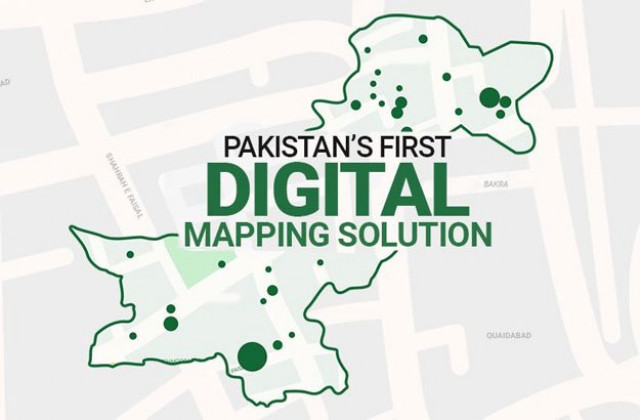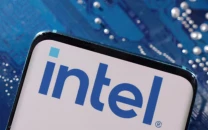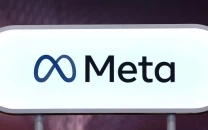A buggy alternative to Google Maps just launched in Pakistan
The app has over 1.5 million 'points of interest' and 300,000 kilometers of road network

The app has over 1.5 million 'points of interest' and 300,000 kilometers of road network. PHOTO: TPL
It’s quite literally on the cusp of a digital revolution.
The opportunity to serve the nascent, mobile-first population is obvious. Hundreds of thousands of ordinary citizens are coming online for the first time every month, and while they’re definitely downloading Facebook and WhatsApp, they’re also scouring the web for media, games, and localized services.
This app shows you the best deals in major cities across Pakistan
Hoping to capitalize on this meteoric shift toward smartphones is TPL Maps, built by car navigation company TPL Trakker. The app fashions itself as a serious contender to Google Maps and comes with the usual bag of tricks, such as turn-by-turn voice navigation, local landmarks, and estimated drive times.
Adeel Hashmi, head of maps at TPL Trakker, says the team has added over 1.5 million “points of interest” in the app with over 300,000 kilometers of road network. In an obvious reference to Google Maps, he adds that the figure is more than “any other mapping service in Pakistan.”
First thoughts
I tried the app in the southern port city of Karachi and it’s safe to say that I won’t be swapping it for Google Maps any time soon.
It managed to find directions to big landmarks like the airport easily enough but failed miserably when I searched for lesser-known places, such as local embassies and coffee shops. Furthermore, the user interface left a lot to be desired – it isn’t clean and neat like Google’s and loads far more slowly.
There’s no live traffic updates either, contravening what the startup claims in a press release. I subjected it to about 30 minutes of frenetic use and it struggled to keep up – eventually crashing.
Pakistan's first indigenous digital mapping solution launched
Just to double check I wasn’t being unfair on TPL Maps, I ran my previous searches through Google Maps and it worked like a charm.
Difficult road ahead
The startup has its work cut out. It’s up against a behemoth like Google, which has relentlessly refined its navigation tech and spent billions of dollars doing so. Even Apple wasn’t able to compete – to the point that Apple Maps is now treated with almost universal derision.
It’s also employing a painfully unscalable process to add data – Adeel says there’s a team of 50 surveyors that physically visit landmarks across Pakistan to add their locations on the map. In addition, the team’s also using “secondary sources” (no clue what that encapsulates) to plug in locations.
In contrast, Google doesn’t employ a single person in Pakistan but looks set to win the battle.
And it’s not difficult to see why. Businesses and organizations serving the public are eager to list themselves online – they’ll update their locations and addresses on Google’s search engine and it’s a simple task of data scrubbing for Maps.
Ambitious plans
Nonetheless, TPL plans on forging ahead. It’s clear the team has invested a fair amount of resources into building the product – Adeel says the navigation tech uses its own algorithms and the maps are customized for a local audience.
Over a hundred analysts and engineers worked on the project to make it a reality.
Hajj 2016: Each pilgrim to get personal tracker
“We intend to develop corporate solutions like fleet management, dispatch solutions, smart route planning, location-based games, in-app advertising and branding opportunities to make the project financially viable. But the app shall remain free of cost for individual consumers,” Adeel outlines.
Apparently over 50,000 people have already downloaded the app. Figures for active users were not provided.
“We will work with top tech universities, organizations, and incubators across Pakistan to scale our maps for commercial integration and mass usage while offering features that no other map can offer for consumers,” Adeel affirms.
This story originally appeared on Tech in Asia.



















COMMENTS
Comments are moderated and generally will be posted if they are on-topic and not abusive.
For more information, please see our Comments FAQ